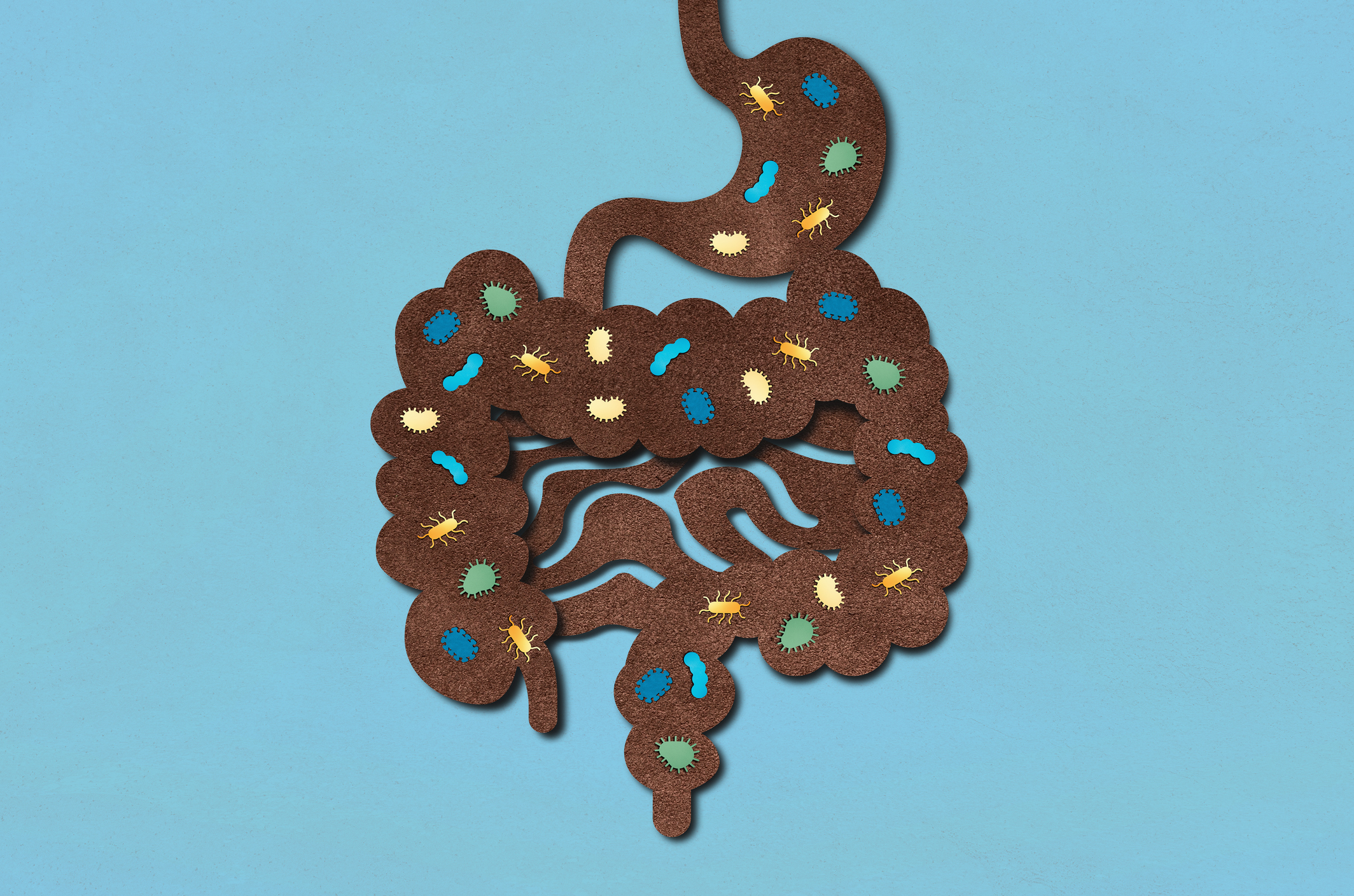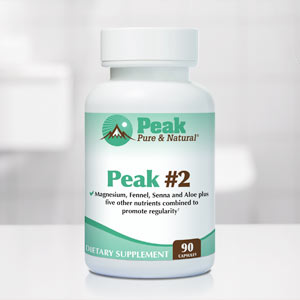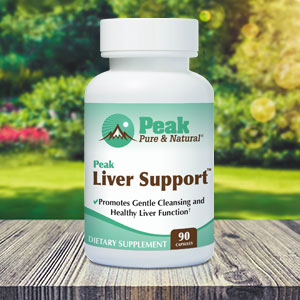Get Easy Health Digest™ in your inbox and don’t miss a thing when you subscribe today. Plus, get the free bonus report, Mother Nature’s Tips, Tricks and Remedies for Cholesterol, Blood Pressure & Blood Sugar as my way of saying welcome to the community!
Could we actually poop out ‘forever chemicals’?

These days, there is no escaping “forever chemicals.” These per- and polyfluoroalkyl substances (PFAS) are present in the air we breathe, the water we drink, the soil under our feet and even the food we eat. And, like their nickname implies, they don’t disappear over time.
Despite efforts to find alternatives, PFAS are still present in all kinds of products we use and consume — new clothes, takeout containers, cosmetics, personal care products, nonstick cookware and stain-resistant furniture and rugs, just to name a few.
PFAS are linked with numerous health impacts, including celiac disease, liver damage, certain types of cancer, high cholesterol, high blood pressure and decreased fertility. They’re also linked to higher risks for diabetes, obesity, asthma and thyroid disease.
So, what can be done? Even if we stopped using all products containing PFAS today, according to the U.S. Centers for Disease Control and Prevention, PFAS are detectable in nearly all people living in the United States.
Luckily, a recent discovery points to a possible solution — and it’s one that already resides in your body….
Gut bacteria help remove PFAS
Bacteria that encounter chemicals like pesticides have mechanisms to deal with them. For example, studies have already seen that gut bacteria can pick up and store unintended targets such as pharmaceuticals. But it wasn’t known if the same could happen with pollutants like PFAS.
To find out, an international team of researchers exposed human gut bacteria to two common forms of PFAS and other pollutants. And the results were encouraging…
Multiple bacterial strains, including E. coli, absorbed PFAS in lab dishes, storing the chemicals in clumps inside their cells, according to Dr. Kiran Patil, a molecular biologist at the University of Cambridge and senior author of the study.
“We found that certain species of human gut bacteria have a remarkably high capacity to soak up PFAS from their environment at a range of concentrations, and store these in clumps inside their cells,” Patil says. “Due to aggregation of PFAS in these clumps, the bacteria themselves seem protected from the toxic effects.”
Even better, the gut bacteria of so-called “humanized” mice, whose intestines have been cleared of existing microbes and replaced with nine kinds of microbes that live in human guts, had more PFAS in their poop than microbe-free mice. This suggests that gut bacteria can carry forever chemicals out of the body in feces.
The researchers also discovered that as the mice were exposed to increasing levels of PFAS, the microbes worked harder, consistently removing the same percentage of the chemicals.
Within minutes of exposure, the bacteria absorbed between 25% and 74% of the PFAS.
Could probiotics flush out PFAS?
The results are certainly promising. Next, researchers could track differences in gut microbiomes and PFAS levels in people from the same place, to see if the same method is just efficient at clearing these chemicals from our bodies
They are already planning to use these findings to create probiotic dietary supplements that boost the levels of these helpful microbes in the gut to protect against the toxic effects of PFAS.
In the meantime, the researchers suggest several actions we can take to protect ourselves against PFAS, including avoiding PFAS-coated cookware and using a good water filter. While it’s challenging to remove PFAS from your drinking water, some filtration techniques are more effective than others. Granular activated carbon absorption filters, ion exchange resin filters and reverse osmosis filters work the best.
Keeping your gut healthy by promoting a balanced microbiome is always a good idea, if for no other reason than to avoid leaky gut. Over time, the gut lining can become permeable and allow chemicals that would normally be excreted in waste to find their way into the bloodstream.
If you have problems with constipation, be sure to address them. Slow motility — which references the amount of time it takes for waste to leave your body — allows the bad stuff to sit in your colon long enough to be absorbed into your colon walls, where it also can make its way into the bloodstream. To test your motility speed, try this at-home test.
Editor’s note: Regain your health and enjoy a full, vibrant life by defeating the real culprits of premature aging and sickness — excessive, damaging acid in your body! The truth is when you’re alkaline, wellness thrives and sickness takes a dive. Click here to discover The Alkaline Secret to Ultimate Vitality!
Sources:
Gut microbes may flush ‘forever chemicals’ from the body — ScienceNews
Gut microbes could protect us from toxic ‘forever chemicals’ — University of Cambridge
Human gut bacteria bioaccumulate per- and polyfluoroalkyl substances — Nature Microbiology














